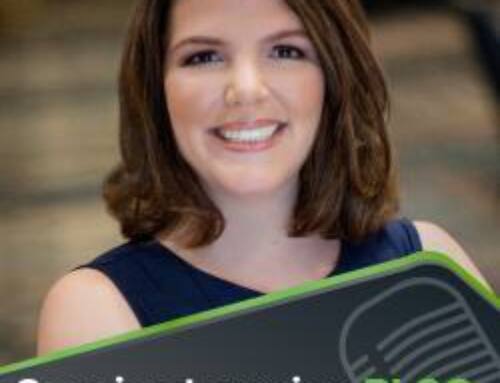Submitted By David Peters, CPA, CFP, CLU, CPCU
I have been dealing with startup company issues for seemingly my entire career. I was one of the first employees at Elephant Auto Insurance, as well as the first CFO of Compare.com. I have also started my own tax preparation and financial advising firm. I have also helped numerous clients who have gone into business for themselves (or have thought about it). In these experiences, I have learned that new business owners are often excited but scared about their new venture. They often express feelings of insecurity, being overwhelmed, and even anxiety. They also rely on their CPA for a lot of things – not just tax advice. They rely on their CPA to tell them where to go to register their business, who to talk to about insurance, and even who can draft their formation documents. However, they also use their CPA as a sounding board for all of their feelings on this new venture. In this way, a CPA plays a vital role in a new business.
For this reason, I think it is important for CPAs to remember a few things when talking to new business owners:
1) Don’t overwhelm someone who is already overwhelmed – As CPAs, it is often our job to dig into the details of things. We are taught in school and trained in CPE classes that the details matter. How something is handled for tax purposes, GAAP purposes, or regulatory purposes often depends on the details of that situation. In general, I think this is a great quality. However, I have NEVER met a small business owner who had all the details figured out. Some small business owners have an idea of what the future looks like. Others do not. Some do a ton of research and develop a well-thought-out business plan. Others do not. Regardless, all the research in the world cannot make the future clear. Even when you do your homework, there are always unknowns in business.
I have sat through several CPE presentations by well-meaning CPAs who will talk about how a new business owner should have the end goal in mind when starting a business. That would be great if that were possible. As I have often told many clients, I would be the best financial advisor in the world if I only knew what the future held. In reality, this is almost never possible. Therefore, CPAs who ask new business owners what the end goal is when starting a business are wasting their breath. You are simply asking someone who is already overwhelmed with things they don’t know about additional things that they don’t know. You are not really being helpful or smart. You are simply making a small business owner more nervous.
For this reason, we need to be sensitive to the fact that small business owners don’t know what the future holds. Focus on what they do know and give them options. Don’t dwell on everything they don’t know.
2) Income taxes may not matter much in the first few years – I think it is natural to focus on the things we know and feel comfortable with. Insurance agents like focusing on insurance issues for new clients. Financial advisors like focusing on the markets. Tax practitioners are no different. When we get a new client, we like to focus on taxes. However, it is statistically rare for a new business to make any money in the first few years. Yes, there is a difference in how losses are treated among different entity types – but realistically, unless the company makes money, income tax-efficiency and entity type really don’t matter too much in the early years. After all, the 15.3% self-employment tax rate when multiplied by zero is still zero!
Instead, we should be encouraging our clients to think about how to get their idea off the ground. For example, talk to them about the importance of getting a good insurance broker, attorney, and banker. These things will help get the business started in the right direction.
Don’t get me wrong. It is not that I don’t think tax strategy is important. Certainly, I do. However, I think we need to do a better job prioritizing it with all of the other items a small business owner has to deal with.
3) Be Encouraging – If you are a successful CPA and business advisor, your opinion carries weight with your clients. Going into business for yourself is often a leap of faith. For this reason, it is important to remain positive and encouraging.
As a profession, we are often called upon to be skeptical (and at times, even negative). We are often put in a position to be the voice of reason. We are asked to voice everything that could go wrong with something. We are often asked to temper expectations. In most cases, this is a good thing. However, as a profession, I think we could do a better job of knowing when to use our skepticism. Simply put, sometimes we need to just tell people it is going to be okay!
Many financial advisors and tax practitioners I talk to muse about the time they spend counseling their clients. They say they feel more like social workers sometimes. I never understood why that was a bad thing. Money is emotional. We get the rare ability to encourage new businesses to happen. To me, this is a very cool part of our job!
If practitioners can remember these things, I think our client meetings get better. Our small business client meetings become more productive – and our small business owners feel like they got something more out of their time with us. We look better, smarter, and more in-tune as a profession!



